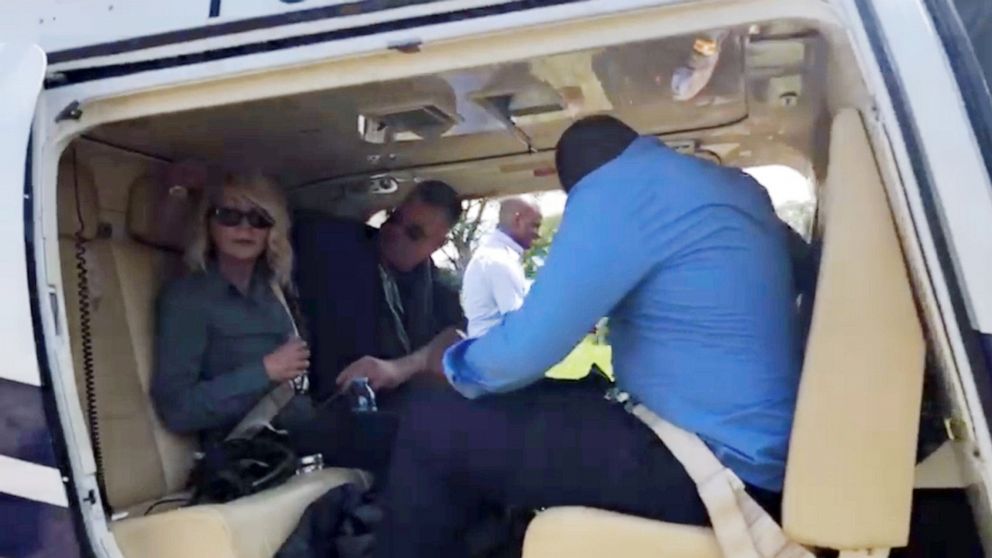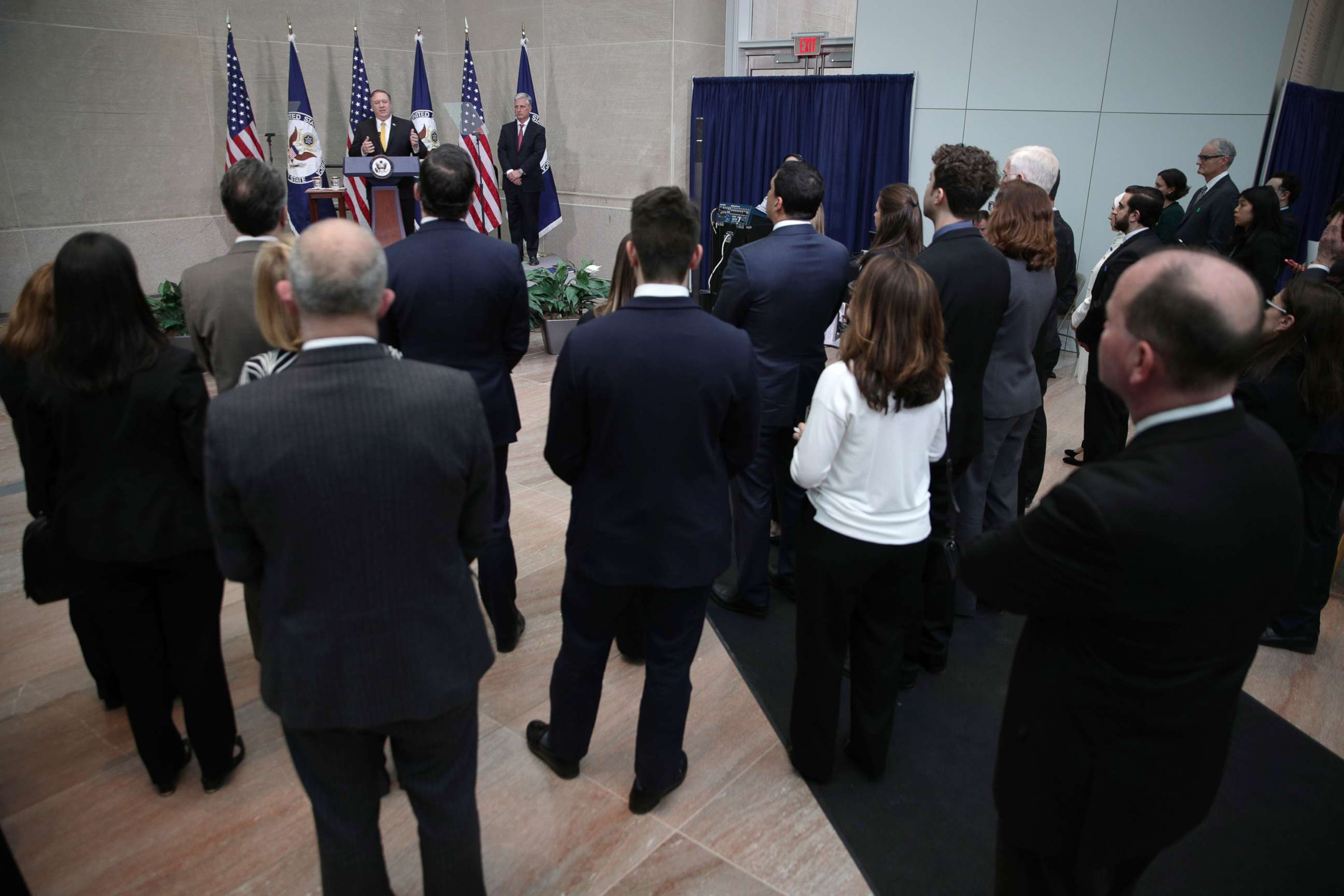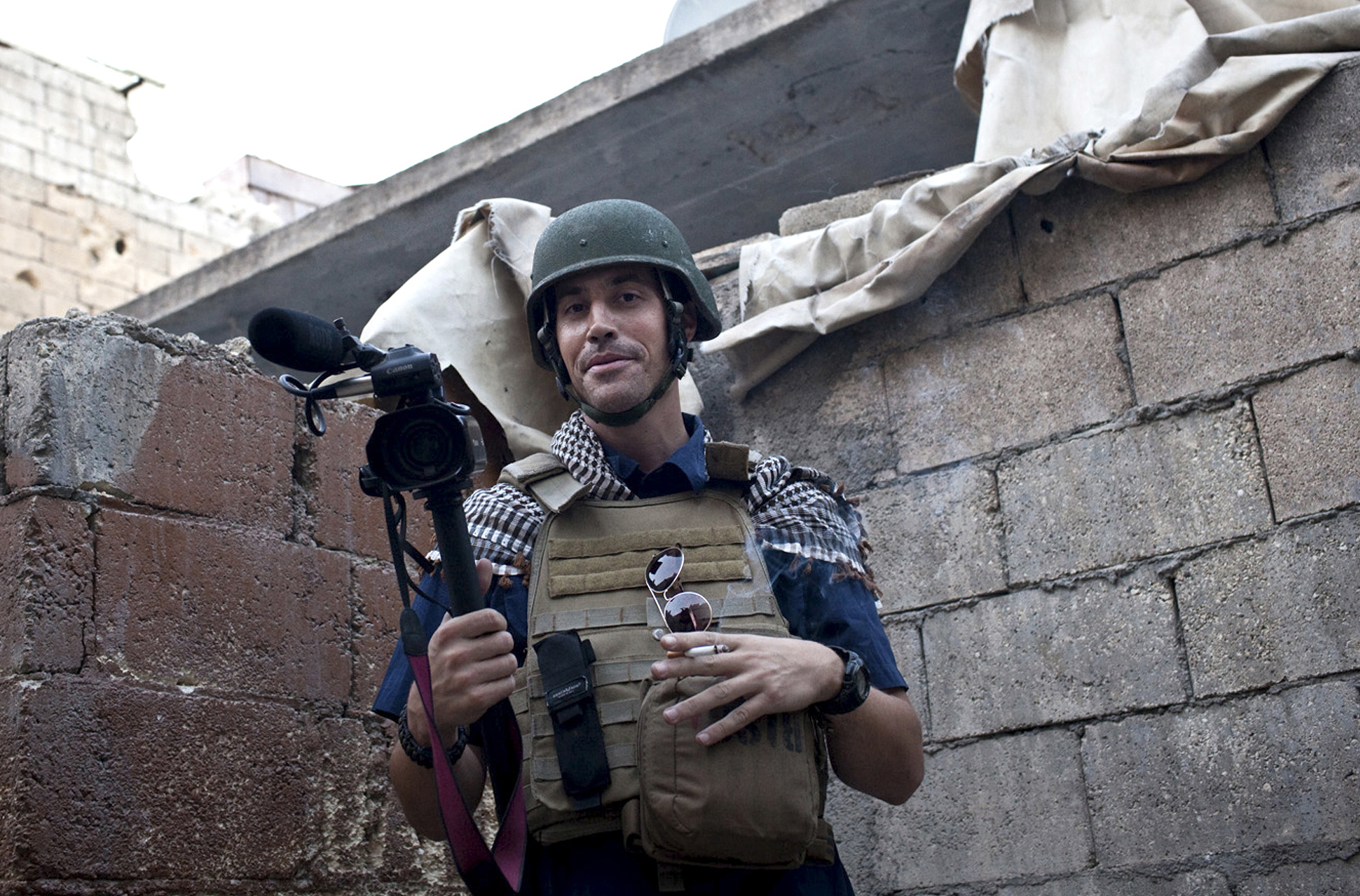Hostage's release in Uganda reignites debate over why US does not pay ransoms
The US has a longstanding policy of not paying ransoms, angering some families.
The release of American Kimberly Endicott by kidnappers in a Ugandan national park has reignited a debate over a longstanding U.S. policy to refuse to pay ransoms.
While other countries have at times paid large sums, even to terrorist organizations, the U.S. has a clear policy not to, in the past going so far as to threaten families of American citizens held abroad with prosecution if they do.
The details of Endicott's case are still murky one week after the kidnappers seized her and her guide from a group of safari tourists and demanded $500,000 for their freedom. Officials from Wild Frontiers Uganda Safaris, which organized her tour, said Monday a ransom was paid, but Uganda security officials said while her family may have made arrangements, it was the "implicit threat of use of force by our elite teams" that ultimately secured her release.

Either way, the U.S. government itself did not pay the sum. In fact, the day Endicott was kidnapped, Secretary of State Mike Pompeo met with the families of Americans detained abroad and reiterated U.S. ransom policy, urging them not to pay.
"Please remember that any payment to a terrorist or a terrorist regime gives money so that they can seize more of our people. We cannot accept that risk. You wouldn’t ask that of us," Pompeo told the families during public remarks after their meeting.

Terror groups collected approximately $165 million in ransom payments between 2008 and 2014, according to estimates released by the Treasury Department, with ISIS earning $45 million in 2014 alone.
Such payments are supposed to be banned by international law on terrorist financing and are discouraged by United Nations Security Council resolutions. Most countries abide by that, but in individual cases, certain countries have made payments, reportedly including France, Germany, and South Korea.
That has made all hostages less safe, according to a 2017 report by the Royal United Services Institute, a British defense and security think tank. "Engaging with, and offering large concessions to, designated terrorists creates greater insecurity for others, who may be targeted in the future," according to the report. "Paying ransoms encourages further kidnappings. Moreover, premium ransoms can trigger a vicious circle: Supernormal returns on kidnappings encourage further abductions and more thorough probing of how much stakeholders are willing to pay."
Because some countries may be willing to pay -- and because hostages are also taken for political reasons -- Western citizens in particular continue to be targeted for kidnapping, regardless of an individual country's policy: "Kidnapping is normally 'passport-blind,'" the report said. "The nationality of the victim is discovered only after the abduction has occurred."
That can leave citizens of nations like the U.S. more vulnerable because of their government's policy to refuse concessions, RUSI argued: "Hostages from non-concessionaires are more likely to be killed, tortured or detained indefinitely, while most hostages from concessionaires are eventually freed."
Over the years, some families have protested against U.S. policy because of that very argument. But Pompeo pushed back on that idea last week, saying he had reviewed evidence that showed, "There are nations that take Americans less because there is less money coming from America... We also know for a fact that some terror groups don’t seize Americans because we won’t pay. It’s a trend I want to continue."

The U.S. has been so strict on this line that in the past, some families of U.S. citizens say they were threatened with prosecution for providing "material support" to terrorist organizations if they paid a ransom. The family of James Foley, a journalist who was brutally executed by ISIS in 2014, first told ABC News that officials from the White House and State Department threatened to prosecute them, as the terror group demanded they pay a $132 million ransom for his release. The amount was never paid, and ISIS beheaded Foley that August -- after it freed four French hostages that April, reportedly after a €13 million-ransom payment.
The outrage over those threats of prosecution led President Barack Obama to review and ultimately change U.S. policy, including a promise never to threaten prosecution again and the creation of a new Hostage Recovery Fusion Cell that brought together multiple government agencies and was led by the FBI, along with a State Department Special Presidential Envoy for Hostage Affairs who would be the primary liaison to families.
The Trump administration has inherited those policies, forcing them to walk a fine line between warnings about ransom payments and the commitment to treat families better.




